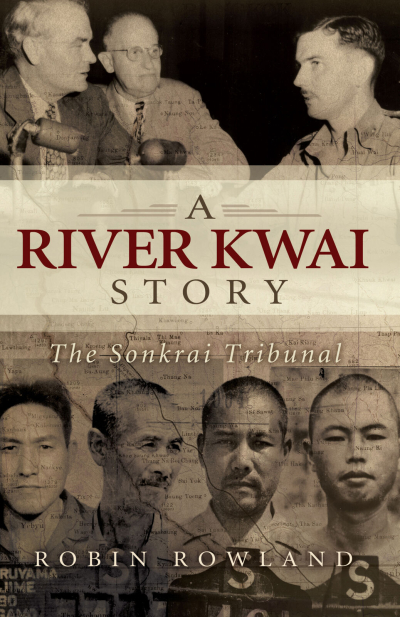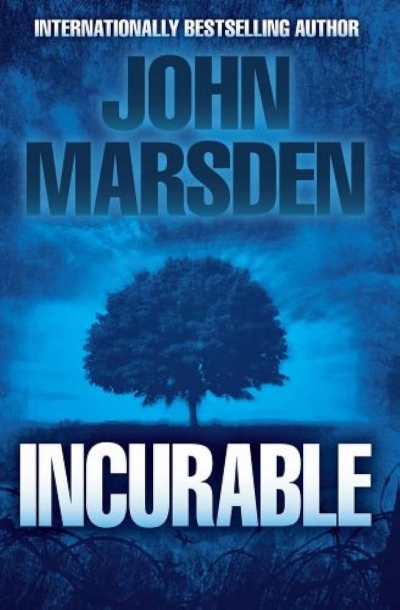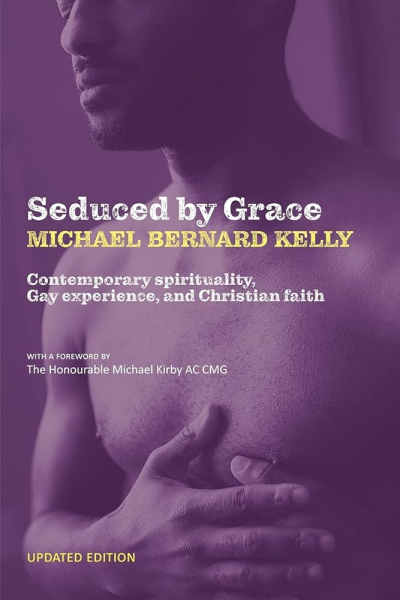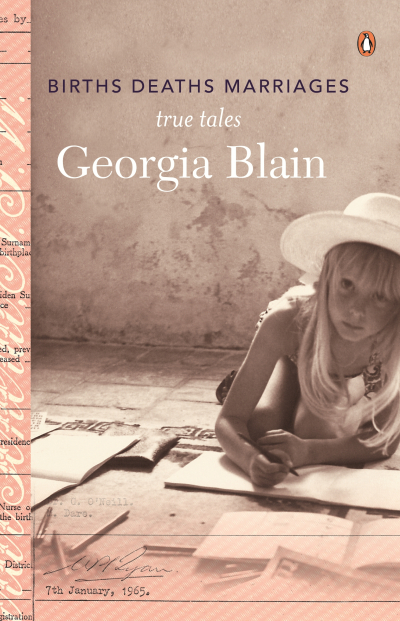Review
A Cautious Silence: The politics of Australian anthropology by Geoffrey Gray
by Francesca Merlan •
A River Kwai Story by Robin Rowland & The Men of the Line by Pattie Wright
by John Connor •
Miss McAllister’s Ghost by Elizabeth Fensham & Take it Easy, Danny Allen by Phil Cummings
by Anna Ryan-Punch •
This splash of books demonstrates that the vigorous publishing for the young adult market embraces subjects as varied as mental illness, bullying, sleuthing in medieval times, crime in the present, defending an occupied Australia and two dead mothers; and is written across the genres of realism, fantasy and historical fiction. But how much is enticing to the adolescent reader?
... (read more)Seduced by Grace: Contemporary spirituality, gay experience and Christian faith by Michael Bernard Kelly
by John Rickard •
Births Deaths Marriages by Georgia Blain & The After Life by Kathleen Stewart
by Shirley Walker •










